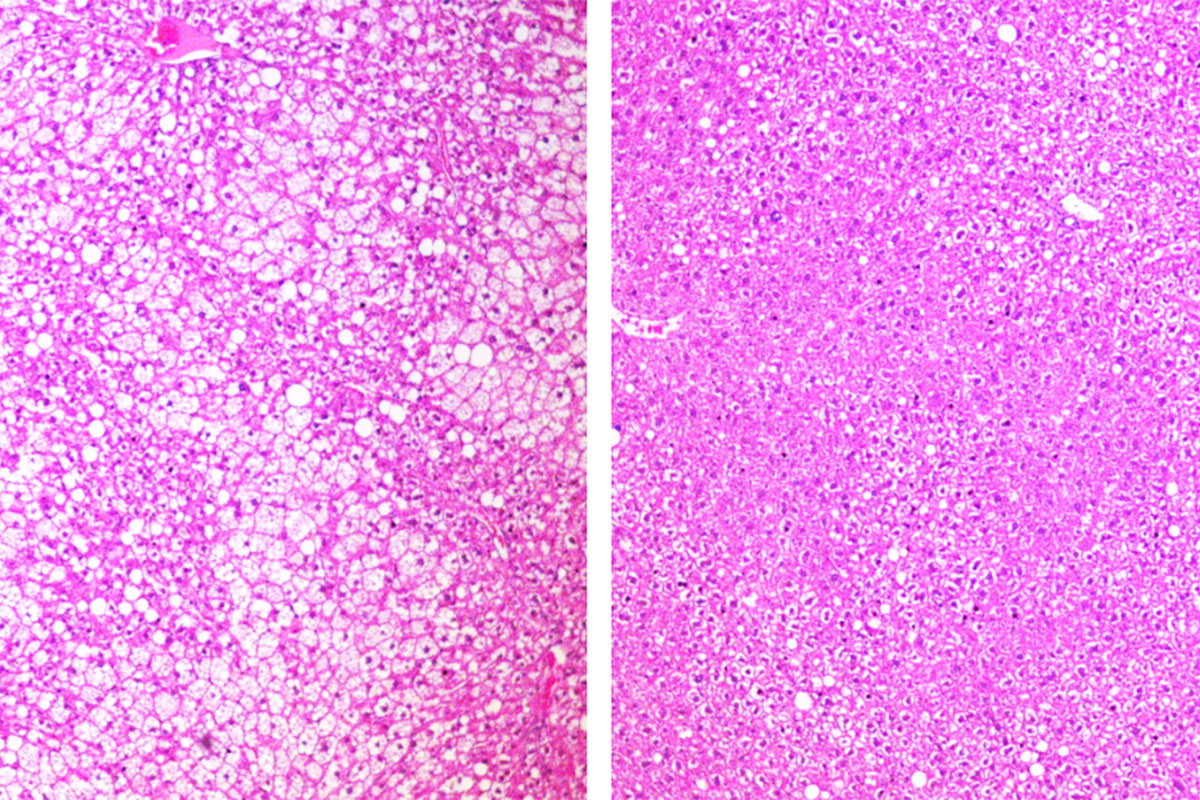Experimental cancer drug mimics benefits of fasting to fight obesity
Date: 24.1.2022
An experimental drug under investigation as a potential cancer treatment has shown exciting potential in an entirely unrelated field of medicine, with scientists finding it confers benefits for weight loss and metabolic health in mice. These benefits were profound enough to surprise the authors of the study, who hope they could translate to a fast-acting but short-term treatments for obesity.
 The drug in question is called ADI-PEG 20 and is currently being studied as a potential treatment for a range of cancers, such as sarcoma, breast and pancreatic cancers. It works by breaking down an amino acid in the blood called arginine, which robs cancer cells of an important fuel source. Studies have also shown that the gene activity behind the breaking down of arginine is greatly elevated when the body enters a fasting state.
The drug in question is called ADI-PEG 20 and is currently being studied as a potential treatment for a range of cancers, such as sarcoma, breast and pancreatic cancers. It works by breaking down an amino acid in the blood called arginine, which robs cancer cells of an important fuel source. Studies have also shown that the gene activity behind the breaking down of arginine is greatly elevated when the body enters a fasting state.
The scientists at the Washington University School of Medicine in St. Louis therefore wondered if the drug could be used to mimic the effects of fasting, and conducted experiments in mice to explore the possibility. These revealed that the drug causes the cells to engage in a self-eating process called autophagy, in which they burn their own waste products for fuel. This is an effect observed during fasting when no new fuel is introduced into the body.
In mice genetically engineered to be susceptible to obesity, ADI-PEG 20 was found to protect them from typical weight gain, while it also caused weight loss in obese mice on high-fat, high-sugar diets. Additionally, it improved the rodents' cholesterol and insulin sensitivity, lowered inflammation and reduced fat buildup in the liver.z























